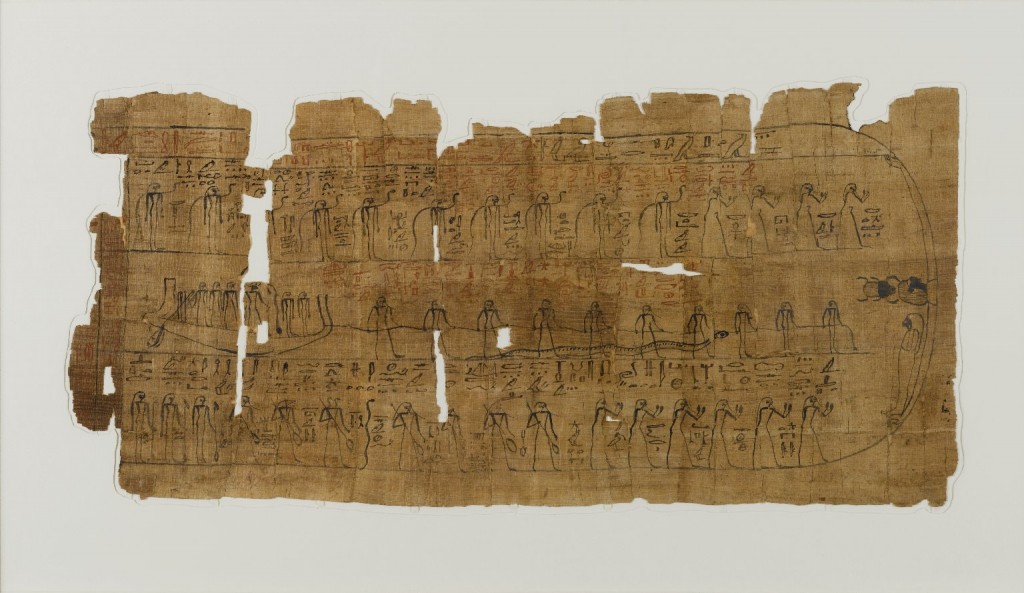I don't have any issues myself with anything.There have always been issues between Genesis chapters one and two.
And even serious questions about chapter one, in terms of the order of events and the measure of days.
Case in point. We have a sunset and sunrise on day one. (before the sun and moon were placed on the fourth day)
Yes, there was light before the sun was created.
I don't see why the entire natural order would have to be defined in the same moment. Even as I think about it, it seems to me that activities outside of what we normally think of as the natural order are a display of God's divine power. So we have evening but no sunset, morning but no sunrise.
For all I know, God had divided light from darkness, the light was to one side of the earth, leaving the other side in darkness, even though God had not yet gathered that light into an orb, and many orbs.
I find it easy to have a little flexibility of the mind that I don't have a problem with these things.
Much love!



